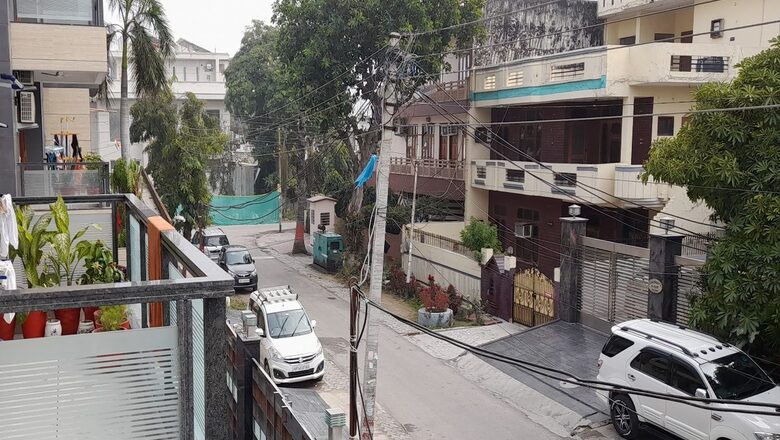
views
Last year in August, a 32-year-old lawyer, Bhavya Kapoor, filthily abused and slapped a security guard of a gated community in Noida, for not opening the gate to the complex quickly enough. The shocking fracas can be seen on live video, where the abuse she spits out against the hapless security guards would make even the most hardened criminal wince. This was followed by physical violence against the cowering guards.
On October 22, 2022, another guard at another gated community in Noida was beaten up for not allowing people to go out from the complex through the entry gate. In March 2023, a Swiggy delivery boy was brutally assaulted by security guards in a gated community in Hyderabad for using the lift to deliver the food, which was against the ‘rules’ of that privileged haven. Just a few days ago, on August 21, 2023, a guard at another gated apartment complex in Dwarka, Delhi, was repeatedly thrashed by a drunk 28-year-old male resident over a parking dispute.
These are only a few examples that have come to light. But they are enough to ask the question: What is happening in the insulated world the middle class is creating in their little ‘kingdoms’ across the sprawling urban landscape of India? It appears that gated communities are becoming citadels where the middle class and the rich often feel that they are members of their own mini-Republics. The outside world, of poverty, filth and the unwashed masses are shut out by a stringent layer of security guards, and some of its members act with an impunity that makes them above the law.
I have great admiration for the Indian middle class and have written a book on it called ‘The Great Indian Middle Class’, followed by a sequel ‘The New Indian Middle Class’. The entrepreneurial energy this class has shown is the backbone of the Indian economy. Its resilience and ability to survive—and flourish—in adverse circumstances, where no coordinate can be taken for granted, including basics like assured electricity, water supply and a reliable social net, is truly praiseworthy.
Nor am I against gated communities. They are motivated by the not unreasonable desire to build a protected environment for the more privileged to escape the cacophony of deprivation outside the heavily secured walls of their little islands of prosperity. This ability for autonomy is a planned exercise. If there is no electricity, they have generators; if there is inadequate water supply, they have—often illegally—their own tube wells; and, if anyone dares to transgress or trespass their fiefdom, they have their own laws to deal with them. Some gated apartments declare that meat cannot be cooked inside the complex; others, rule that people of a certain community cannot live there, or only people of a certain sub-community are welcome.
The irony, of course, is that however hard these little ‘Republics’ try, they have to give some access to the outside world, since they cannot do without domestic help. It is not a coincidence that next to most affluent ‘colonies’ in India, there is a slum, from which this supply comes. Domestic helps are considered by many as an unwelcome necessity, and after they have provided their daily services, the quicker they exit, the better. But in this interfacing world of the privileged and the poor, there is often great cruelty and exploitation.
In December 2022, the media reported a shocking story from a gated society in Noida, where a woman, Shefali Kaul, brutally beat up her domestic help and even threatened to kill her, after she ate a bar of jaggery without her permission. Such beatings were a relentlessly routine matter. When the poor girl tried to escape, she was caught by the guard, and returned to her ‘madam’. CCTV footage shows how her employer forcibly dragged her out of the lift, holding her in a headlock. A case was registered by the girl’s father, and the police found that his daughter’s body was severely bruised and scratched. The accused is reportedly absconding.
An equally appalling case came to light in February 2023, where in New Colony, Gurugram, a 17-year-old girl from Jharkhand was hired as a babysitter by Dinesh Khattar, working in a leading insurance company, and his wife, Kamaljeet Kaur, an employee of a PR firm. For five months, this couple beat the girl every day, even using—as per the girl’s account—hot iron tongs to torture her. Khattar would strip her naked and hurt her on her private parts. She was not allowed to sleep at night, and police found her with injury marks all over her body and her mouth swollen. The couple has been arrested.
Normally, the middle class is quick to take umbrage at the undemocratic, high-handed and unjust actions of those in authority. But perhaps, it is time for it to take a hard look in the mirror. The ill-treatment of domestic help, including salaries far below the minimum wage, is a pan-Indian phenomenon. Of course, these bestial examples quoted above cannot tarnish the entire middle class. But as I had argued in my book ‘The Great Indian Middle Class’, there is a pervasive proclivity in this class to only look at its own benefit, and have little or no sensitivity for the vast numbers of the under-privileged below them. Gated communities appear to be becoming another layer to this fortress of insularity. Yet, the truth is that the nation is a holistic entity, and no class can secede to form its own Republic.
The author is a former diplomat, an author and a politician. Views expressed in the above piece are personal and solely that of the author. They do not necessarily reflect News18’s views.












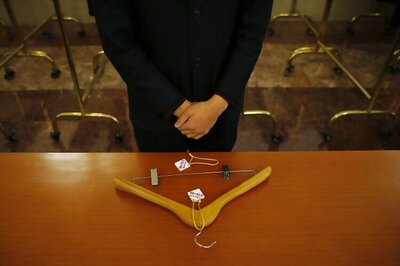


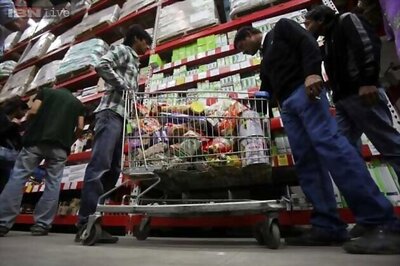
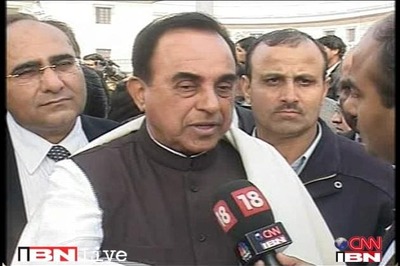
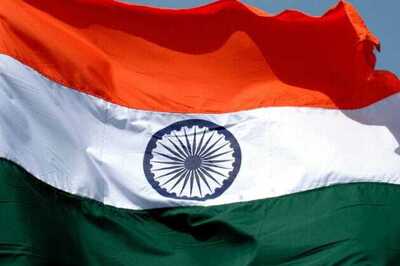

Comments
0 comment